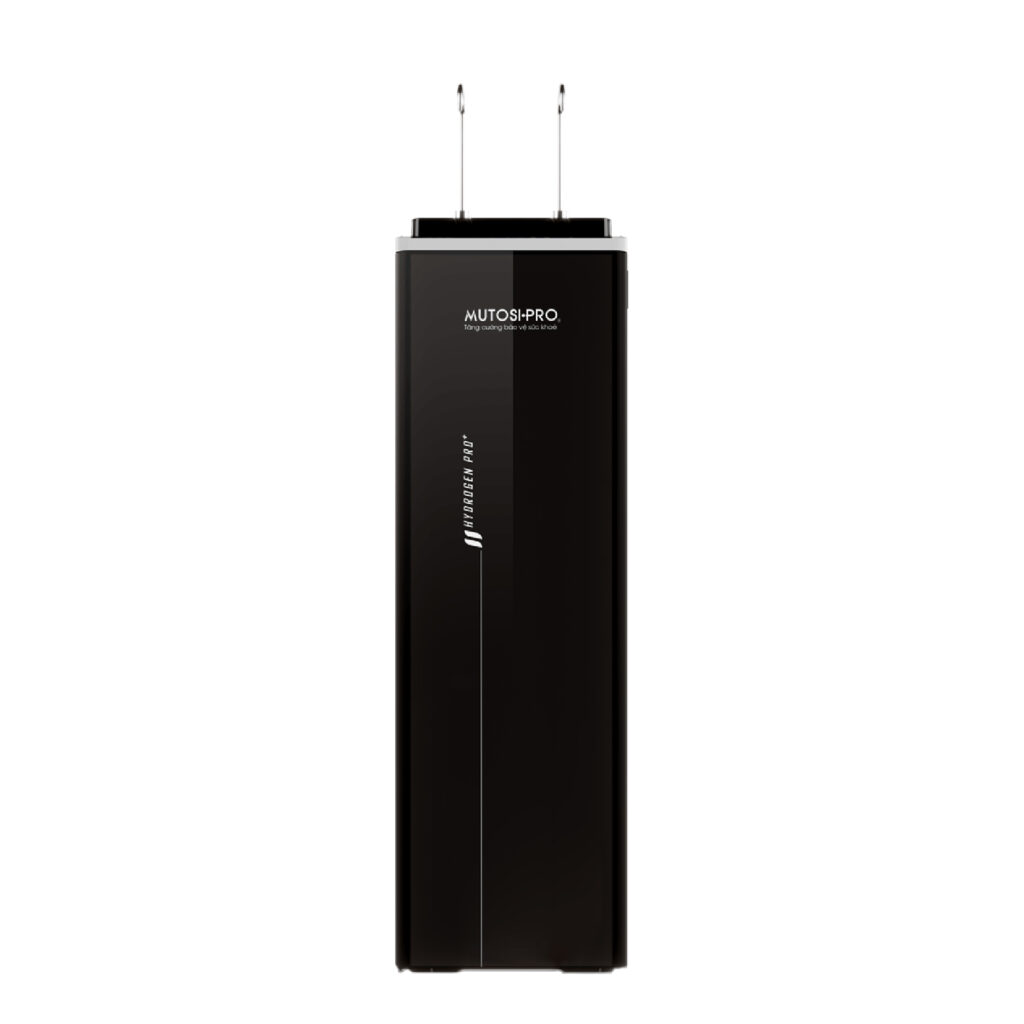Hot and cold water plants play a crucial role in various industries, commercial establishments, and residential buildings. These systems provide us with the essential resources of hot and cold water, enabling us to carry out daily tasks effectively. However, like any mechanical system, hot and cold water plants require regular maintenance to ensure their optimal performance, longevity, and safety. In this article, we will delve into the importance of regular maintenance for these plants and the benefits it brings. Regular maintenance of hot and cold water plants helps prevent unexpected equipment failures. Over time, components such as pumps, valves, pipes, and filters can become clogged, worn out, or develop leaks. These issues not only lead to reduced system efficiency but can also cause significant damage if left unaddressed. By conducting routine inspections, cleaning, and replacing worn-out parts, potential problems can be identified and resolved before they escalate into costly breakdowns.

Efficient operation is vital for hot and cold water plants to meet the demands placed upon them. Regular maintenance ensures that the systems are operating at their peak performance levels. During maintenance checks, technicians can assess water flow rates, inspect temperature controls, and calibrate thermostats to ensure accurate and reliable hot and cold water supply. By optimizing performance, these plants can provide consistent water temperatures, improving user satisfaction and productivity. Energy consumption is a significant concern for any facility. Neglected or poorly maintained hot and cold water plants can result in unnecessary energy wastage. Accumulated scale deposits, sedimentation, or inefficient heat exchangers can lead to increased energy usage and higher utility bills. Through regular maintenance, technicians can clean and descale equipment, adjust control systems, and identify opportunities for energy optimization. By addressing these issues promptly, energy efficiency can be improved, reducing operational costs and minimizing environmental impact. Maintaining the quality and safety of the water supply is of paramount importance. Without regular maintenance, hot and cold water plants can become breeding grounds for harmful bacteria such as Legionella.
Proper maintenance includes regular disinfection, cleaning of water storage tanks, and monitoring of water quality parameters. By adhering to maintenance schedules, the risk of waterborne diseases can be significantly reduced, ensuring a safe and healthy environment for users. Hot and cold water plants May nuoc nong lanh are long-term investments, and regular maintenance is key to prolonging their lifespan. Routine inspections, lubrication, and replacement of worn-out components help prevent premature equipment failure. Furthermore, identifying and rectifying minor issues early on can prevent them from escalating and causing significant damage to the entire system. By extending the lifespan of the plants, facility owners can maximize their return on investment and avoid costly replacements. By investing in routine inspections, cleaning, and repairs, facility owners can prevent equipment failure, ensure optimal performance, promote energy efficiency, maintain water quality and safety, and prolong the lifespan of these systems. Neglecting maintenance can lead to costly breakdowns, increased energy consumption, compromised water quality, and potential health hazards.